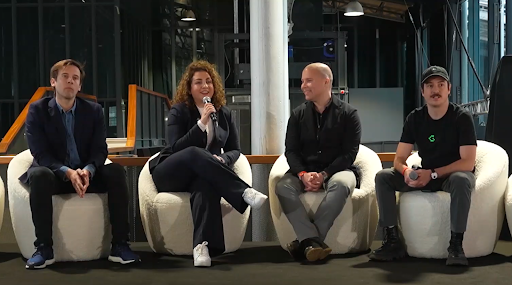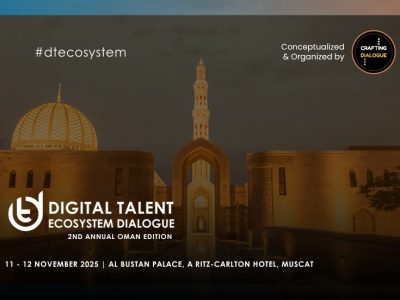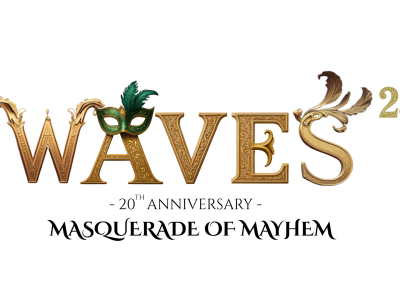“I can’t even remember my life without AI,” confesses Zara Zamani, CPTO and co-founder of Four+ Ventures. This sentiment captures the lightning-fast transformation sweeping through European venture capital firms, as revealed in a recent high-powered panel discussion at the RWA Summit in Paris.
See Panel Highlights: https://youtu.be/7nIi8OuPSqM
The New Normal: VCs Living with AI
Picture Lennu Keinänen, Founding Partner at Revon Ventures, sitting in his office. “It has changed my workplace completely,” he says with a knowing smile. “Anything from drafting agreements to analyzing text and identifying pain points—AI tools are indispensable. My lawyer isn’t particularly happy, but the opportunities AI presents are huge.”
Meanwhile, Zamani runs her venture firm with AI as her constant companion: “ChatGPT is a daily tool, and I use AI agents to manage emails and automate tasks. Recently, I even explored tokenizing my PhD thesis with AI support.”
But Julien Pageaud, Founder & Managing Partner at Sparkle Ventures, brings a refreshing perspective to the table: “AI is a breakthrough technology with easy access, but it lacks well-defined economics. Blockchain, on the other hand, is a powerful infrastructure with a more mature economic model.” His eyes light up as he adds, “However, we are seeing these ecosystems gradually merging.”
The Founder’s New Playbook
The game has changed dramatically for startup founders. As Zamani leans forward in her chair, she reveals what catches her eye: “I look at how open and knowledgeable founders are about AI tools. Those who effectively leverage AI to cut production timelines, reduce costs, and accelerate product development stand out.”
Keinänen nods in agreement: “Founders capable of identifying and utilizing AI tools demonstrate adaptability and a learning curve that is critical for success. This replaces some of the coaching we used to provide.”
Startup Barriers: Going, Going, Gone?
“Being a founder today is much easier,” Zamani declares. “AI allows for rapid prototyping and faster go-to-market strategies. While competition has increased, the potential for innovation has expanded exponentially.”
Pageaud, however, raises a cautionary finger: “AI makes tasks like drafting and research easier, but it doesn’t necessarily make you a better professional.” His voice becomes more serious. “Data heterogeneity remains a major challenge, limiting AI’s accuracy in complex professional tasks.”
Where Smart Money is Flowing
Despite giants like OpenAI and Anthropic dominating headlines, our panel of experts sees golden opportunities in specialized AI applications:
*”Fraud prevention, regulatory compliance, and transaction monitoring remain unsolved challenges,”* Keinänen emphasizes, his eyes scanning the horizon for potential investments.
Zamani’s vision stretches even further: *”Data generation is growing at an unprecedented rate. Centralized systems won’t suffice; decentralized AI solutions will become vital.”*
The Future Workforce: Revolution or Evolution?
As the discussion turns to societal impact, Keinänen draws a sobering parallel: “People will lose jobs, but nations must address this transition,” echoing concerns reminiscent of the Industrial Revolution.
Zamani offers a more optimistic take: “AI will make us all generalists, proficient in multiple areas. That’s both exciting and challenging.”
Meanwhile, Pageaud’s warning hangs in the air: “The real disruption will come from robotics. While AI optimizes our tasks, robotics will fundamentally alter how we live and work.”
The Road Ahead
As AI continues to transform venture capital and startup ecosystems, one thing becomes clear: adaptability is the new currency. For founders, AI literacy is no longer optional—it’s essential. For investors, the ability to recognize this literacy in entrepreneurs separates the visionaries from the traditionalists.
The journey ahead isn’t without obstacles—data interoperability challenges and workforce transitions loom large. Yet the opportunities for innovation seem limitless.
As our panel concludes, Pageaud leaves us with a thought to ponder: “Focus on what you can change, forget what you want to change. The future will always surprise us.”

















Comments